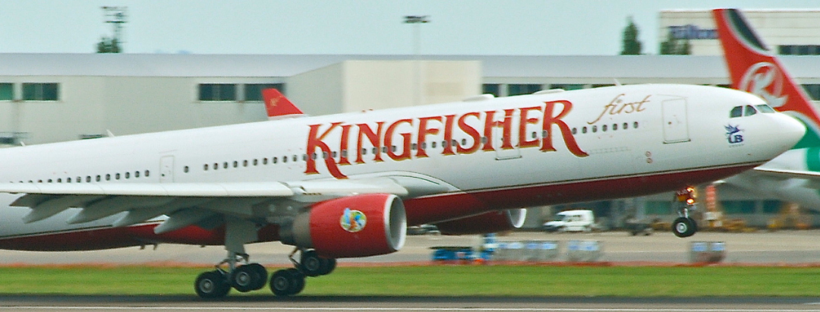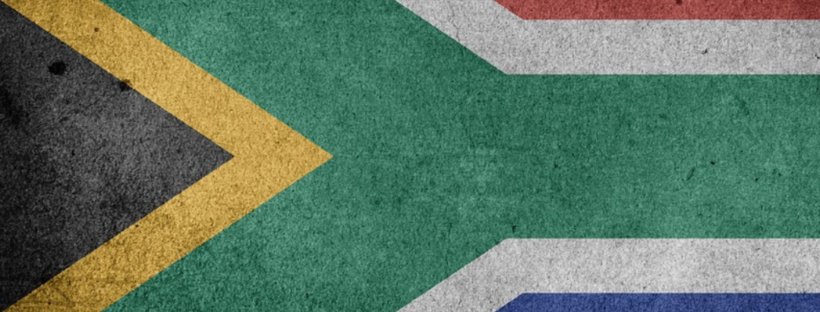I. Introduction
A. Overview of Procter & Gamble
Procter & Gamble (P&G) is a USA-based multinational global consumer goods Brands Corporation headquartered in Cincinnati, Ohio. Founded by William Procter and James Gamble in 1837 the company has a market cap of more than 6365 Billion dollars in 2023. The company manufactures and deals in daily consumable goods like laundry and cleaning supply products, cosmetics, and personal hygiene products like Crest toothpaste, Pampers diapers, Gillette razors, and Tide detergent. These products are sold in more than 180 countries which shows the popularity and diversity of the company in international markets Continue reading
Tag: Case study
Case study solution – acquisition strategy at cisco systems
I. Introduction
A. Overview of Cisco Systems
Cisco is an American-based multinational technology company that deals with and develops hardware devices, software, and telecommunication networking equipment and devices. Cisco was founded in 1984, by Sandy Lerner and Leonard Bosack and since then they have become the market leader in the tech industry with a market cap of more than 200 Billion dollars. Cisco products and services are being used by businesses, governments, and individuals all over the globe.
Triumph (british bike manufacturer) in an international market
I. Introduction
A. Overview of Triumph
Established in 1902, Triumph is a British Motorcycle manufacturing brand that offers a wide variety of motorcycles. Triumph was originally formed as a bicycle company in 1887, but with the boom in motorized transports triumph pivoted into a Motorcycle manufacturing brand. The company has a rich history of producing high-performance motorbikes that are known for speed, style, and smooth ride experience. The company has loyal fan-following enthusiasts and riders around the globe, who appreciate the heritage of the brand and its quality.
Case study solution – Tesco’s korean venture
I. Introduction
A. Overview of Tesco
Tesco is a UK-based multinational grocery and general merchandise retailer having presence in more than 12 Countries. Founded by Jack Cohen in 1919 as a market stall in London, since then Tesco has grown and become one of the largest retailers in the world having a market capitalization of $24.94B till May 12, 2023. Continue reading
Case study solution – starbucks and exclusivity
I. Introduction
A. Overview of Starbucks
Starbucks is a global coffee company with over 31,000 stores in more than 80 countries. It was founded in Seattle in 1971 and has grown to become one of the largest coffee chains in the world. Starbucks is known for its premium coffee blends and exceptional customer service, as well as its commitment to ethical and sustainable sourcing practices. Continue reading
Case study solution – byju’s – a leader in edtech
I. Introduction
A. Overview of Byju’s
Byju’s is an Indian edtech company that was founded in 2011 by Byju Raveendran. It is a popular platform that offers interactive online learning courses and programmes for school students. Byju’s is known for its innovative teaching methods and has become a leader in the edtech industry. The company has been able to attract investors from around the world and has seen tremendous growth in recent years. Continue reading
Case study solution – procter & gamble – “double down’ strategy during covid-19 pandemic”
I. Introduction
A. Overview of Procter & Gamble
Procter & Gamble (P&G) is a global consumer goods company headquartered in Cincinnati, Ohio. The company produces and sells a wide range of household and personal care products, including Tide detergent, Crest toothpaste, Pampers diapers, and Gillette razors. P&G’s products are sold in more than 180 countries worldwide, and the company has a market capitalization of over $300 billion. Continue reading
Case study solution- kingfisher airlines – a lesson from failure
I. Introduction
A. Overview of Kingfisher Airlines
Kingfisher Airlines was a privately owned Indian airline founded by the famous businessman, Vijay Mallya. It was launched in 2005 with an aim to offer high-quality services to its customers. Kingfisher Airlines was known for its luxurious and personalized services to its passengers. Continue reading
MBA Case Study – Netflix
I. Introduction
A. Overview of Netflix
Netflix is a subscription-based streaming service provider that offers a wide range of television series, documentaries, feature films, and original content across various genres and languages. Founded in 1997 by Reed Hastings and Marc Randolph, the company has grown to become one of the largest and most influential players in the streaming industry, with over 200 million subscribers in over 190 countries. Continue reading
MBA Case Study – The Alibaba Group
I. Introduction
A. Overview of the Alibaba Group
The Alibaba Group is a multinational technology conglomerate based in China. It was founded in 1999 by Jack Ma, and has since grown into one of the largest e-commerce companies in the world, with a diverse portfolio of businesses that includes online marketplaces, cloud computing, digital media, and more. Continue reading
MBA Case Study – Sony’s Battle for Video Game Supremacy
I. Introduction
A. Overview of Sony
Sony Corporation, founded in 1946, is a Japanese multinational conglomerate corporation with its headquarters in Tokyo, Japan. Sony is a leading manufacturer of electronic products and services including televisions, smartphones, cameras, gaming consoles, and audio equipment. Sony is widely recognized for its popular gaming consoles, including the PlayStation series. Continue reading
MBA Case Study – Nike Considered: Getting Traction on Sustainability
I. Introduction
A. Overview of Nike
Nike is a multinational corporation that designs, develops, and markets athletic footwear, apparel, and equipment. Founded in 1964, Nike is one of the largest and most recognized brands in the sports industry, with a presence in over 190 countries.
B. Importance of sustainability in the fashion industry
The fashion industry is one of the most polluting industries globally, with significant environmental and social impacts. As consumers become more conscious of their environmental footprint, sustainability has become a critical issue for fashion companies to address. Companies that fail to incorporate sustainable practices risk losing consumer trust and market share.
MBA Case Study – Formula 1: Unleashing the Greatest Spectacle on the Planet
I. Introduction
A. Overview of Formula 1
Formula 1 (F1) is a high-speed, open-wheel auto-racing competition that takes place on circuits around the world. It is the most prestigious and popular form of motorsport, attracting millions of fans globally. F1 is governed by the Fédération Internationale de l’Automobile (FIA), the world’s governing body for motorsport. Continue reading
MBA Case Study – Biocon India Group
I. Introduction
A. Brief overview of Biocon India Group
Biocon India Group is a leading biopharmaceutical company in India. The company was founded in 1978 by Kiran Mazumdar-Shaw, a pioneer in the Indian biotech industry. It started as a small enzyme manufacturing company and has grown into a diversified biopharmaceutical company.
Case Study – Business Leadership in South Africa’s 1994 Reforms
I. Introduction
A. Brief overview of South Africa’s apartheid-era : South Africa’s apartheid era was a period of institutionalized racial segregation that began after the National Party came to power in 1948. The apartheid regime imposed a system of racial classification and discrimination that separated white South Africans from black South Africans, with the latter being treated as second-class citizens. Apartheid policies were enacted across all aspects of life, including education, healthcare, housing, and employment, among others. The apartheid era also saw significant opposition from both domestic and international communities, who called for an end to the system of institutionalized racism. Continue reading













